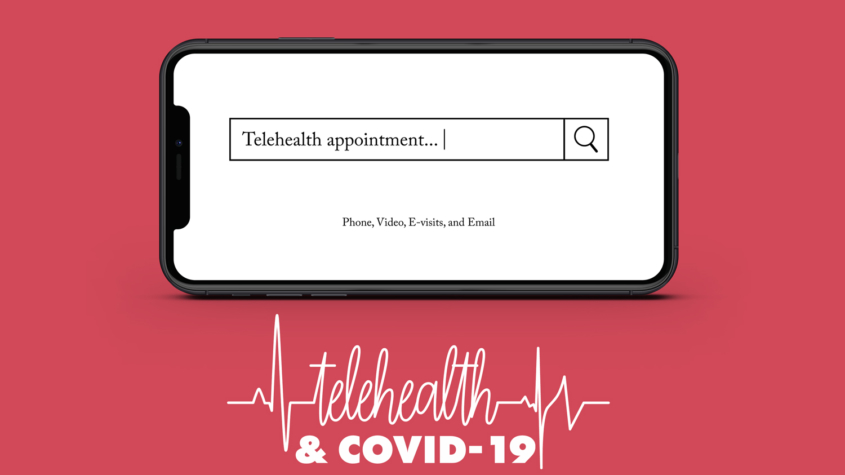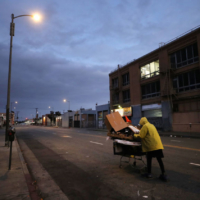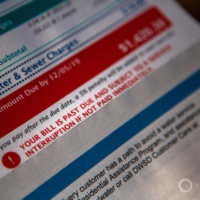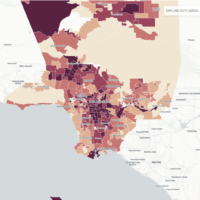
Telehealth Offers Chance to Lessen Health Inequities for Latinos
A surge in telehealth services amid the COVID-19 pandemic presents an opportunity to bridge inequities in access to health services, according to a report from the UCLA Latino Policy and Politics Initiative (LPPI) and the David Geffen School of Medicine at UCLA. A previous study from LPPI found that more than 7 million Latinos in California lack adequate access to health care. Telehealth could lessen that shortfall if implemented strategically, according to the new report. “Latinos, who are twice as likely to lack health insurance than other Californians, are increasingly online and have high adoptions of cellphone technology,” said Sonja Diaz, LPPI founding director. “Telehealth can serve as an important bridge to ensure that underserved communities, especially rural and linguistically diverse patients, access the medical attention they need.” Telehealth, which has surfaced as a medical screening tool during the pandemic, also has application in mental health and social services settings. “Telehealth will never replace the importance of face-to-face interactions between a patient and their doctor,” said report co-author Yohualli B. Anaya, a physician at UCLA Medical Center, Santa Monica. “But improving access to high-quality care is an important first step that can start to address systemic inequities in health care and save lives.” The report offers guidelines to help California advance telehealth in underserved communities, including accommodating monolingual Spanish-speakers and expanding access to broadband technology.







Leave a Reply
Want to join the discussion?Feel free to contribute!